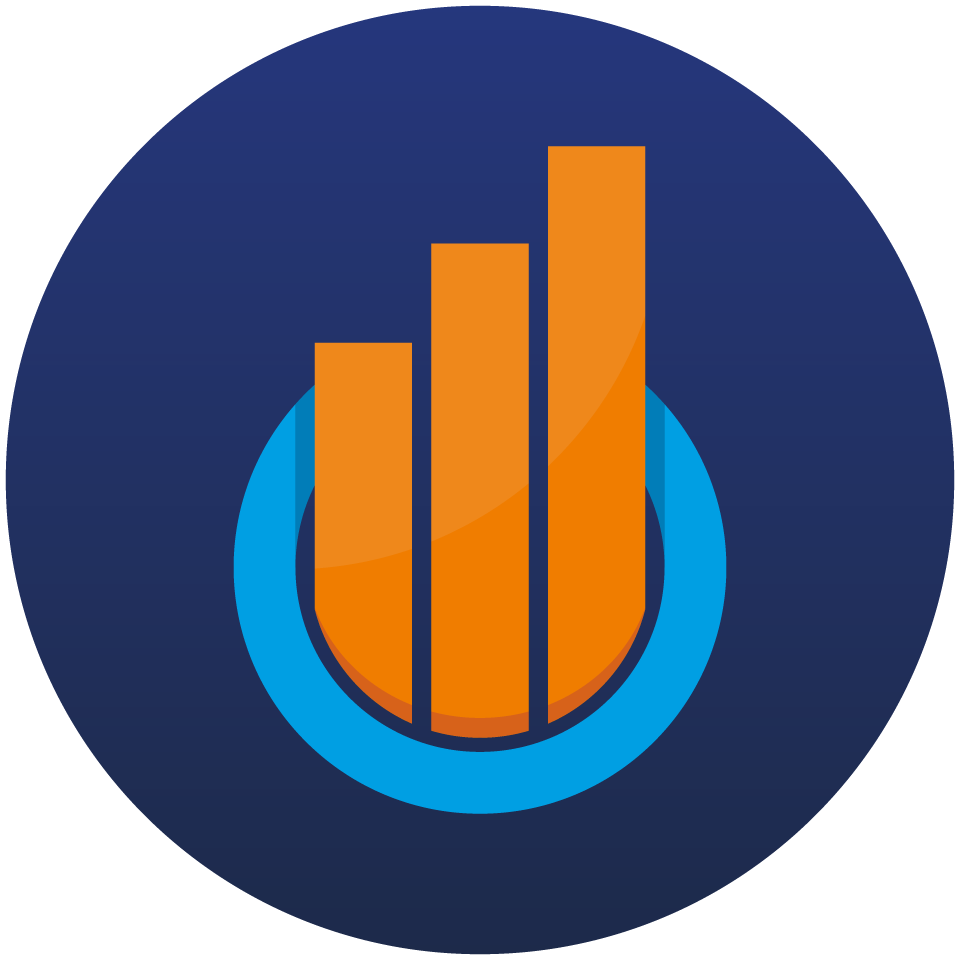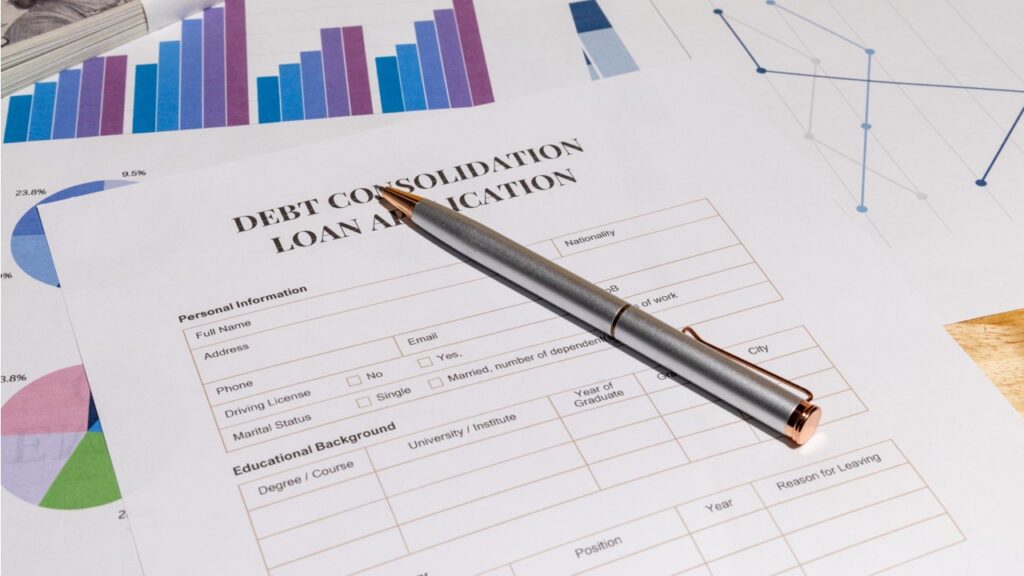Discover whether debt consolidation is the right move for your financial situation
When you’re juggling multiple payments, you may consider debt consolidation to simplify your financial life. But is it always the right decision? The answer depends on your circumstances.
Debt consolidation involves combining several debts—credit cards, loans, overdrafts—into one new loan or credit account. Instead of multiple bills, you make just one monthly payment.

Factors That Lower Your Score
Understanding what affects your credit is essential. Learn which habits and decisions could silently harm your financial reputation and how to fix them.
It sounds appealing, especially if you can lower your interest rate or monthly cost. However, consolidation isn’t risk-free. You could end up paying more in the long run if done wrong.
Before choosing debt consolidation, it’s crucial to weigh both the benefits and drawbacks. Knowing the full picture helps you avoid common mistakes and make smarter financial decisions.
Why People Choose to Consolidate Debt
Many people feel overwhelmed managing several debts at once. Multiple payments, lenders, and due dates increase the chance of errors and make financial organisation more difficult.
Debt consolidation simplifies the process, offering one payment and often a lower rate. But it’s not a one-size-fits-all solution—it requires a strategic, well-informed approach to be effective.
- 💡 Simplifies repayment: One monthly payment makes budgeting easier and reduces the mental load of managing multiple creditors.
- 💡 Reduces stress: Consolidation can ease anxiety by turning scattered debts into a single manageable plan with a clear structure.
- 💡 Lowers monthly costs: Some people use consolidation to reduce their monthly payments and ease pressure on their cash flow.
- 💡 Breaks high-interest cycles: Moving debts to a lower-rate product can help borrowers escape the trap of growing balances caused by interest.
- 💡 Creates financial clarity: A unified debt gives a clearer picture of what’s owed and how long it will take to repay it.
The Pros of Debt Consolidation
Debt consolidation offers a number of advantages if you use it strategically. The benefits vary depending on the product you choose and how disciplined you are with payments.
Let’s explore the most common benefits so you can assess if they align with your financial goals and current repayment challenges.
One Monthly Payment
Managing one payment instead of several makes budgeting simpler. You’re less likely to forget a due date, and it becomes easier to track your progress over time.
This is especially useful for those with ADHD, anxiety, or busy lives. Simplicity matters when staying financially consistent—and debt consolidation can provide just that.
Lower Interest Rates
If your new loan or credit card has a lower interest rate, you can save money. This is one of the top reasons people choose to consolidate their debts.
It’s important to compare APRs carefully. Promotional rates may be temporary. Make sure the full loan cost actually reduces your burden and doesn’t just look attractive short-term.
Fixed Payment Schedule
With a consolidation loan, you know exactly how much to pay and when. There’s a clear end date, which makes it easier to plan your finances long-term.
This structure removes surprises and gives a sense of control. You can budget with confidence, knowing exactly when your debt will be cleared if you stick to the plan.
Reduced Stress
Debt causes emotional strain. Consolidating can relieve pressure by simplifying the problem. Instead of managing five creditors, you’re dealing with just one.
Mental clarity often leads to financial progress. When you feel less overwhelmed, you’re more likely to stick to your plan—making debt consolidation a psychological as well as financial tool.
The Cons of Debt Consolidation
While there are clear benefits, it’s vital to consider the downsides. Not all consolidation methods are equal, and some may actually worsen your financial situation.
Understanding the risks helps you avoid traps, particularly those that disguise debt as progress. Let’s examine the key drawbacks of consolidation products.
Longer Repayment Period
You might lower your monthly payments—but over a longer term. That means more interest overall, especially if the loan stretches across five or more years.
It’s important to calculate the total cost. Don’t just focus on the monthly figure. Over time, debt consolidation could become more expensive than paying off each debt individually.
Hidden Fees and Penalties
Some products come with balance transfer fees, early repayment charges, or setup costs. These can eat into your savings or even create new financial issues.
Read the fine print. Ask about every fee and request a total cost comparison. The idea is to save money, not shift it around through clever marketing.
Temptation to Borrow Again
Once you clear your credit cards through consolidation, it might be tempting to use them again. This leads to double debt: old balances plus new spending.
Self-discipline is essential. Without it, debt consolidation becomes a short-term fix that leaves you worse off than before. Financial education and habits are just as important as the tool.
Damage from Rejected Applications
Applying for a loan or credit card triggers a hard search. If your application is rejected, your credit score may drop—making future borrowing harder or more expensive.
Use eligibility checkers before applying. These tools give you a better idea of approval odds without damaging your file unnecessarily.
Different Types of Debt Consolidation Options
There isn’t just one way to consolidate debt. The UK market offers several tools, each with its own advantages and risks. Understanding them helps you choose wisely.
The most common options include personal loans, balance transfer cards, and secured loans. Each fits a different financial profile, so choose based on your needs and situation.
Personal Loans
A fixed-term personal loan consolidates debts into one predictable monthly payment. Rates vary by credit score, but many offer lower interest than credit cards.
It’s a popular choice for stability and transparency. Just ensure that fees and repayment terms make financial sense. Not all debt consolidation loans are created equal.
Balance Transfer Cards
These allow you to move existing credit card debt to a new card with a 0% promotional rate. You save money by paying no interest during the offer period.
However, transfers usually incur a fee (around 3%). If you don’t repay the balance in time, high rates apply. Discipline is key to making this work effectively.
Secured Loans
These loans use your property as collateral. They offer larger amounts and lower rates—but carry significant risk. If you miss payments, your home could be at stake.
This form of debt consolidation is powerful but risky. Use it only with full confidence in your repayment plan, as misuse can lead to consequences beyond credit score damage.
How to Decide If It’s Right for You
Debt consolidation isn’t inherently good or bad—it’s a financial strategy. The key is matching the solution to your current reality, goals, and discipline level.
Before committing, review your total debt, monthly income, and spending habits. Would consolidation solve the problem—or simply delay a necessary behaviour change?
Do the Math First
Calculate the total repayment amount for your current debts versus a consolidation product. Consider interest, fees, and time. Numbers will show whether the choice is beneficial.
Use online calculators or speak to a financial advisor. Let data—not emotion—guide your decision, especially when debt consolidation seems like an easy way out.
Review Your Habits
Be honest about your spending. If your debt stems from overspending, consolidation won’t fix that. Address the root cause, not just the symptom.
Use this moment to create a better budget. The point is not just paying off debt, but avoiding new debt. That’s how you turn consolidation into real progress.
Check Credit Score Impact
Some consolidation options impact your credit score temporarily. Know what to expect before applying. Use soft checkers to assess your eligibility and minimise rejection risk.
A drop in score isn’t always bad—it’s often temporary. Still, understand the short-term effects, especially if you plan to apply for other financial products soon.
Build a Plan After Consolidation
Consolidation is only the first step. Create a plan for savings, emergency funds, and budget control. Financial recovery goes beyond one product—it’s a long-term shift in mindset.
Avoid seeing debt consolidation as the goal. It’s simply a tool on the path to financial independence and stability.
Also Read: Check Your Score for Free
Before applying for any debt product, it’s crucial to understand your credit profile. Knowing your score helps you make better decisions and choose the right solution for your needs.
Our article Check Your Score for Free explains how to access your credit score without paying and how to interpret what you find—so you’re never in the dark.
Monitoring your credit helps prevent future debt mistakes. It also shows the impact of your consolidation strategy over time, offering insight into what’s working.
We strongly recommend you read it next. Take control of your credit and start tracking your financial recovery today.

Check Your Score for Free
Knowing your credit profile is the first step to improving it. Learn how to monitor your score easily and safely.

